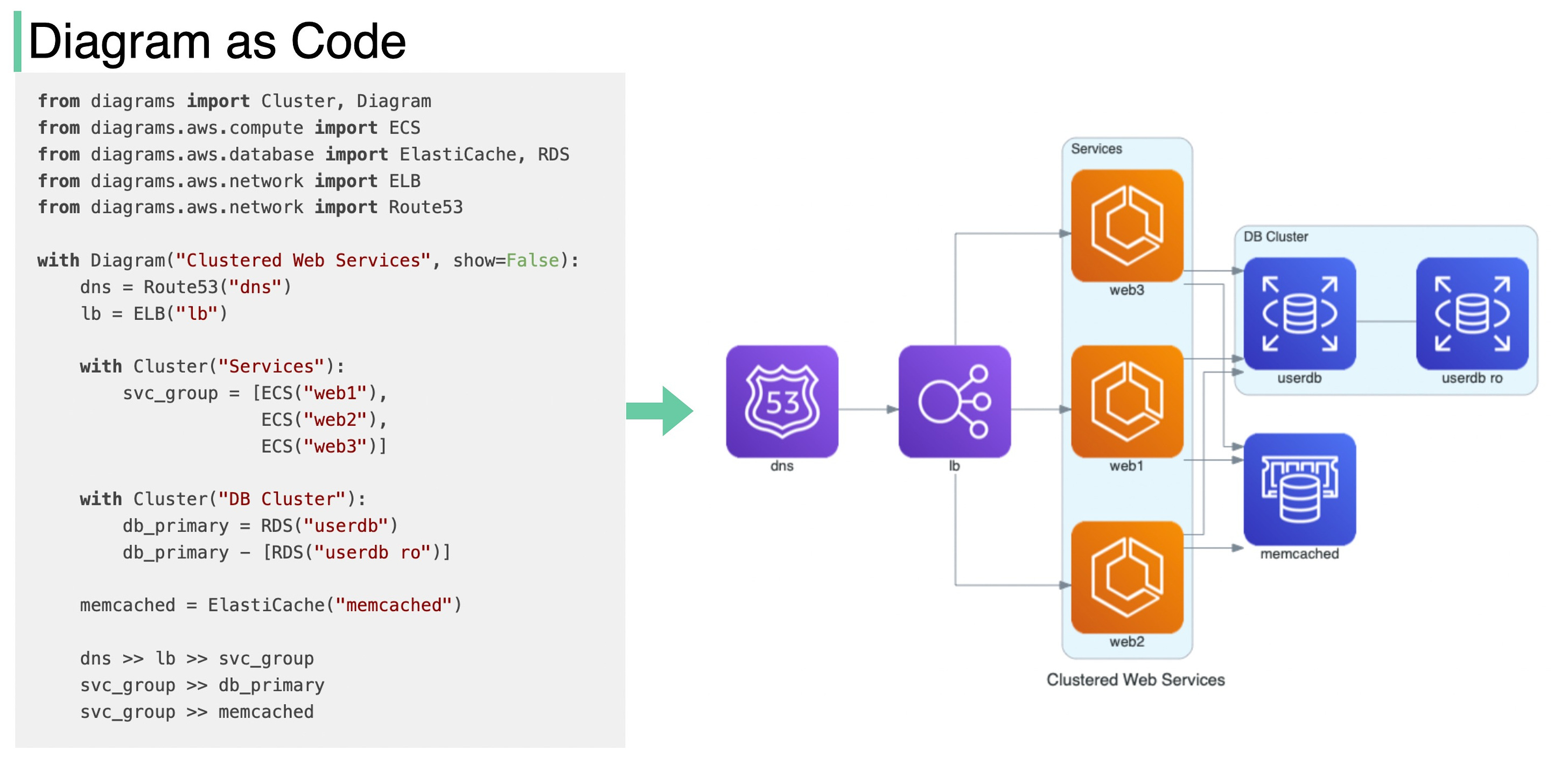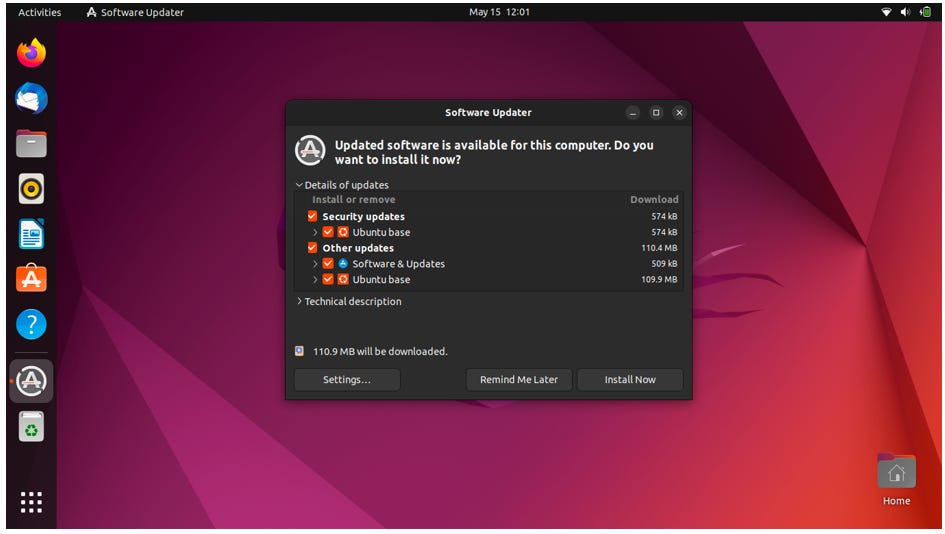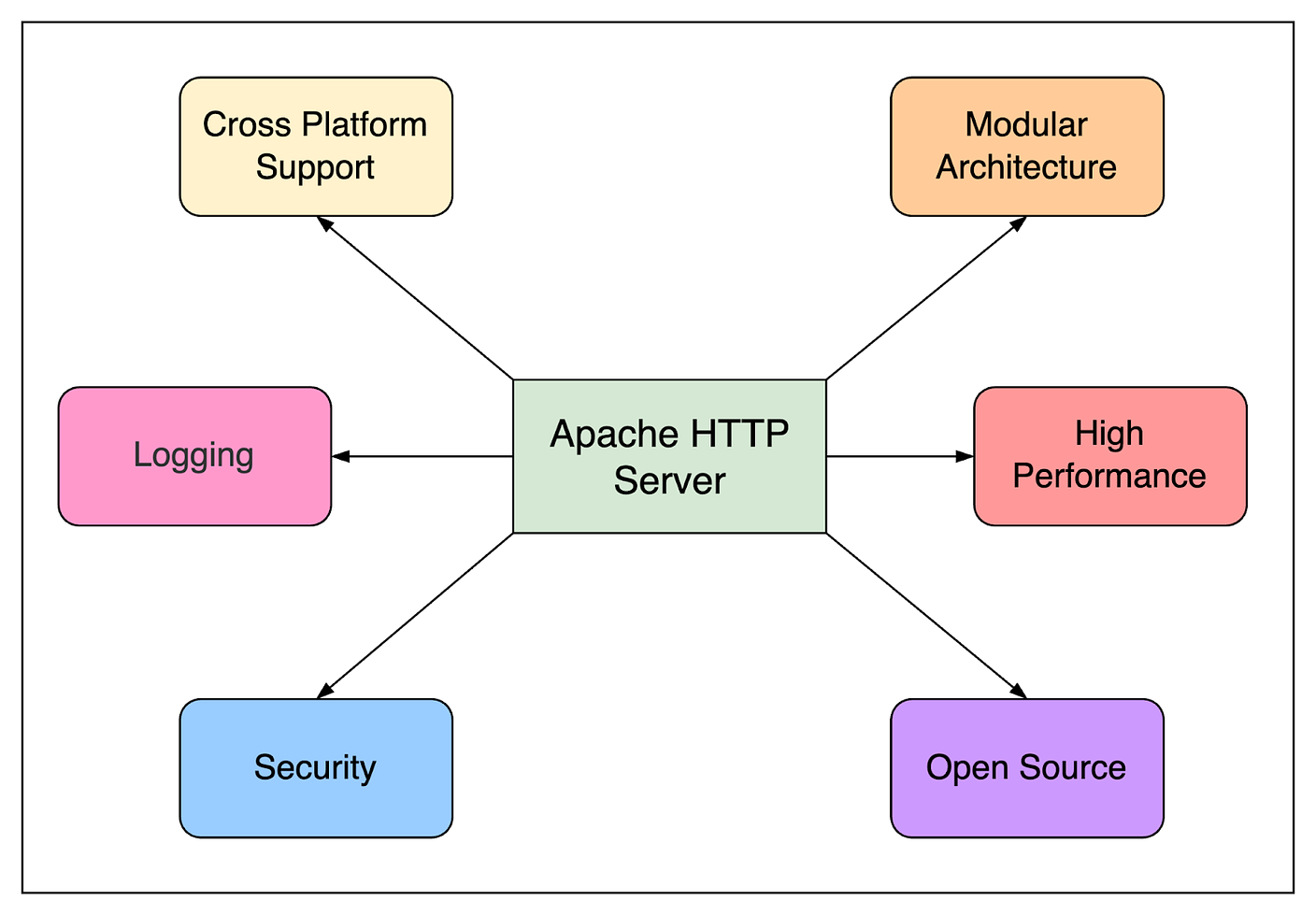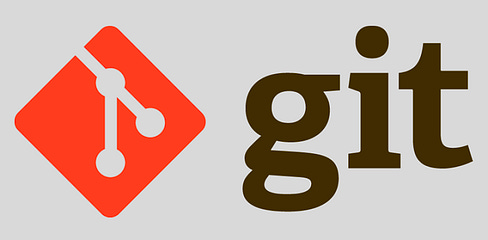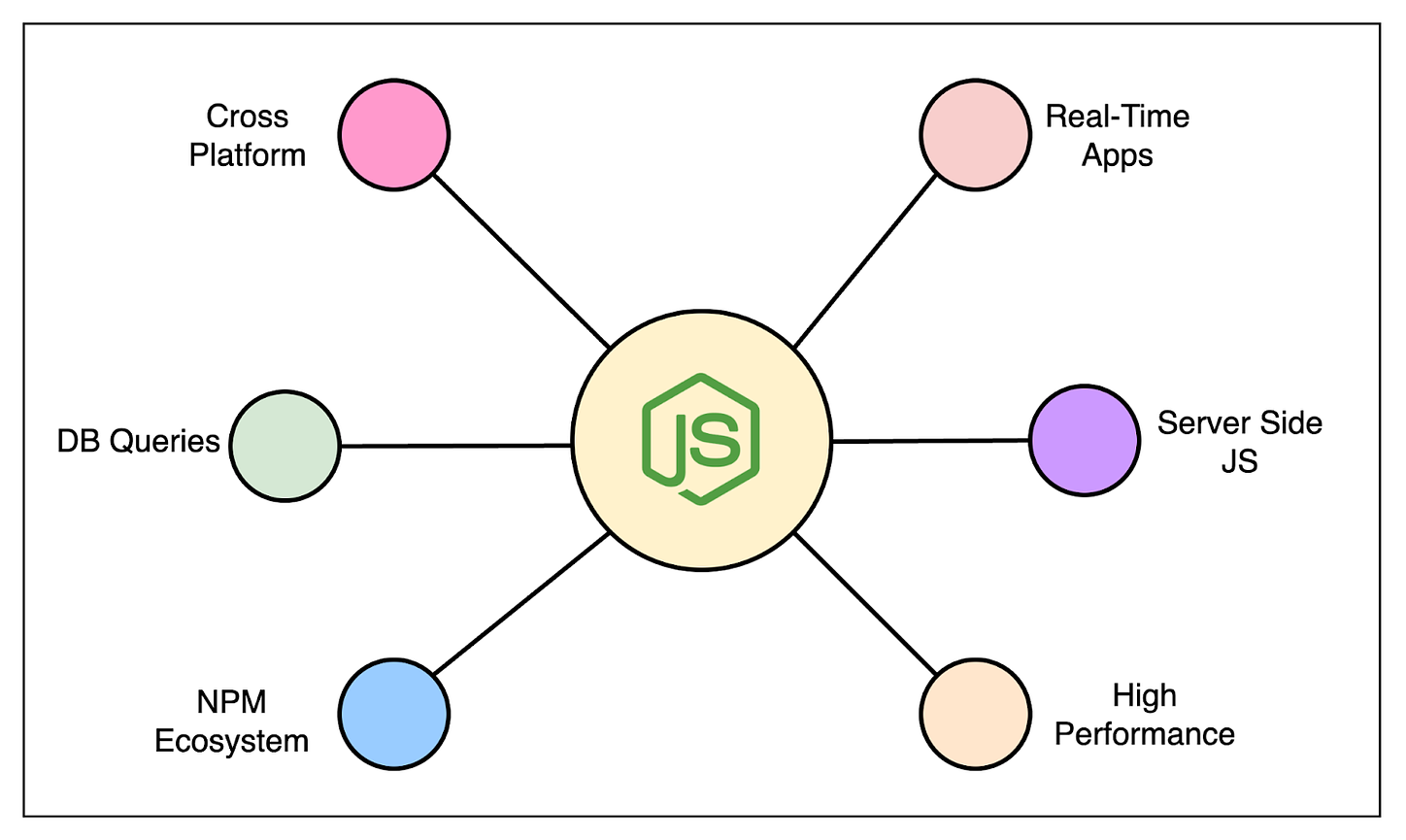- Mailing Lists
- in
- 15 Open-Source Projects That Changed the World
Archives
- By thread 5197
-
By date
- June 2021 10
- July 2021 6
- August 2021 20
- September 2021 21
- October 2021 48
- November 2021 40
- December 2021 23
- January 2022 46
- February 2022 80
- March 2022 109
- April 2022 100
- May 2022 97
- June 2022 105
- July 2022 82
- August 2022 95
- September 2022 103
- October 2022 117
- November 2022 115
- December 2022 102
- January 2023 88
- February 2023 90
- March 2023 116
- April 2023 97
- May 2023 159
- June 2023 145
- July 2023 120
- August 2023 90
- September 2023 102
- October 2023 106
- November 2023 100
- December 2023 74
- January 2024 75
- February 2024 75
- March 2024 78
- April 2024 74
- May 2024 108
- June 2024 98
- July 2024 116
- August 2024 134
- September 2024 130
- October 2024 141
- November 2024 171
- December 2024 115
- January 2025 216
- February 2025 140
- March 2025 220
- April 2025 233
- May 2025 239
- June 2025 303
- July 2025 8
15 Open-Source Projects That Changed the World
15 Open-Source Projects That Changed the World
Latest articlesIf you’re not a subscriber, here’s what you missed this month. To receive all the full articles and support ByteByteGo, consider subscribing: Software development is a field of ideas and experiments. One idea leads to an experiment that spawns another idea and the cycle of innovation moves forward. Open-source projects are the fuel for this innovation. A good open-source project impacts the lives of many developers and creates a fertile environment for collaboration. Many of the greatest breakthroughs in software development have come from open-source projects. In this post, we will look at 15 high-impact open-source projects that have changed the lives of many developers. To come up with the list, we tried to look at the overall impact these projects have created on the industry and related technologies. Also, we’ve focused on projects that have led to a big change in the day-to-day lives of many software developers across the world. 1 - LinuxUnless you’ve been living in a cave, there’s no way you haven’t heard about Linux. Linux is an open-source operating system created by Linus Torvalds. Like many open-source projects, it was originally started as a hobby project. And then, it took over the world. Linux runs on all sorts of computer systems such as PCs, mobiles and servers. It also runs on more unexpected places such as a washing machine, cars and robots. Even the Large Hadron Collider uses Linux. However, the biggest impact of Linux is how it has democratized the world of software development by providing a free and open-source operating system. 2 - Apache HTTP ServerApache HTTP Server is a free and open-source web server that powers a large percentage of websites on the internet. Ever since its release in 1995, the Apache HTTP server has been a tireless workhorse. It’s versatile enough in terms of security and agility to be adopted by enterprises and startups alike. Over the years, Apache HTTP Server has inspired so many web servers such as Nginx, Lighttpd, Caddy and so on. 3 - GitGit hardly needs any introduction. If you’ve worked as a developer in any capacity, there is a 100% chance you’ve used Git or at least, heard about it. Git is a free and open-source version control system for software development. And you may be surprised to know that it was also created by Linus Torvalds along with his team. But why? Yes, you guessed it right. Linus did it to manage the source code of the Linux kernel project. That’s why people say that the best open-source projects come from your own requirements. Git has been super-transformative for the way the software industry operates. It provided a standard way of tracking, comparing and applying version control on the source code, leading to the birth of revolutionary products such as GitHub and Bitbucket. 4 - Node.jsJavaScript was always the preferred language for browser-based development. But it would have stayed just a browser language had it not been for Node.js Node.js is an open-source cross-platform JavaScript runtime environment for server-side programming. In other words, Node.js brought JavaScript to backend development. With its release in 2009, Node.js quickly became a popular choice for building scalable and high-performance web applications. It paved the way for using the same language for both client-side and server-side programming. 5 - DockerIt’s no secret that developers love to build applications and test them on their machines. But no one loves the pressure of deploying the same application to production. There’s always one pesky environment issue or version mismatch on the production server that brings the entire application down. And developers can only say - “It worked fine on my machine.” To which, they get the answer - “Yes, but we can’t ship your machine to production.” Docker made it possible. As an open-source platform, Docker allows developers to package and deploy applications in a consistent and portable way. The application-specific packages and all the environmental dependencies are packaged in a Docker container image. This image can then be deployed wherever needed...  Continue reading this post for free, courtesy of Alex Xu.A subscription gets you:
© 2024 ByteByteGo |
by "ByteByteGo" <bytebytego@substack.com> - 11:42 - 14 Mar 2024
